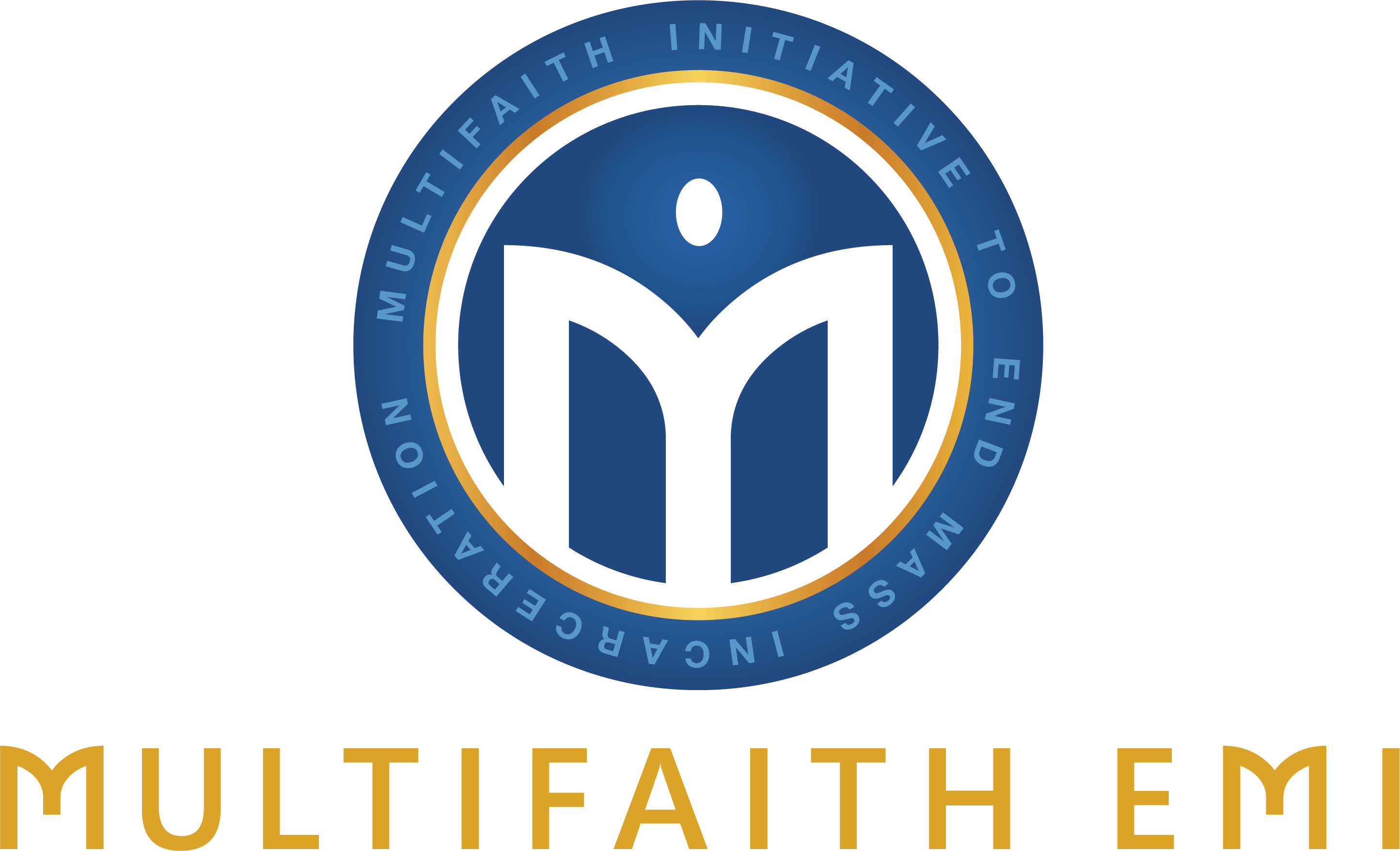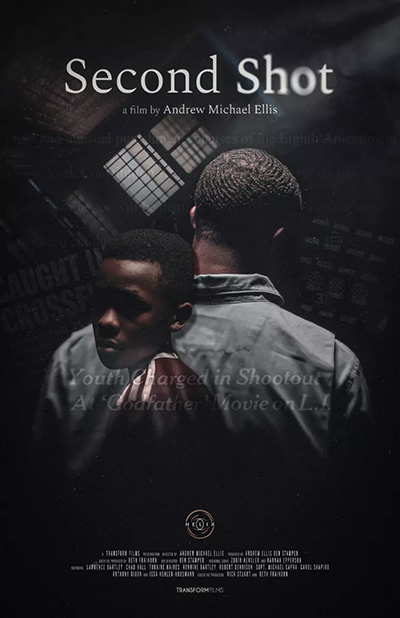EMI News & Articles
The Liberator
feature
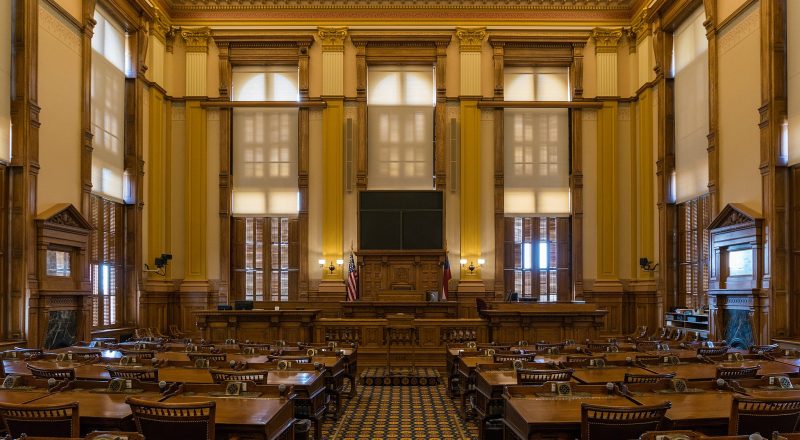
Georgians will judge this legislation, based on both the ways it criminalizes the poor and suppresses the charitable efforts of organizations providing bail relief, to determine its legitimacy. To be sure, the criminalization of poverty and the overt suppression of charitable bailouts in no way quashes the movement to end mass incarceration. What it does suggest is that more needs to be done and can be done.
Opinion

Statement on Georgia Senate Bill 63 Targeting Cash Bail and Community Support
The cash bail system already disproportionately affects indigent arrestees and causes unnecessary financial strain on their families. No reasonable basis exists for its expansion.

Building Beloved Communities: The Imperative for Faith Communities to Advocate for Justice and Welcome the Previously Incarcerated
In a world that often marginalizes and stigmatizes those who have experienced incarceration, faith communities stand as beacons of hope, compassion, and redemption.
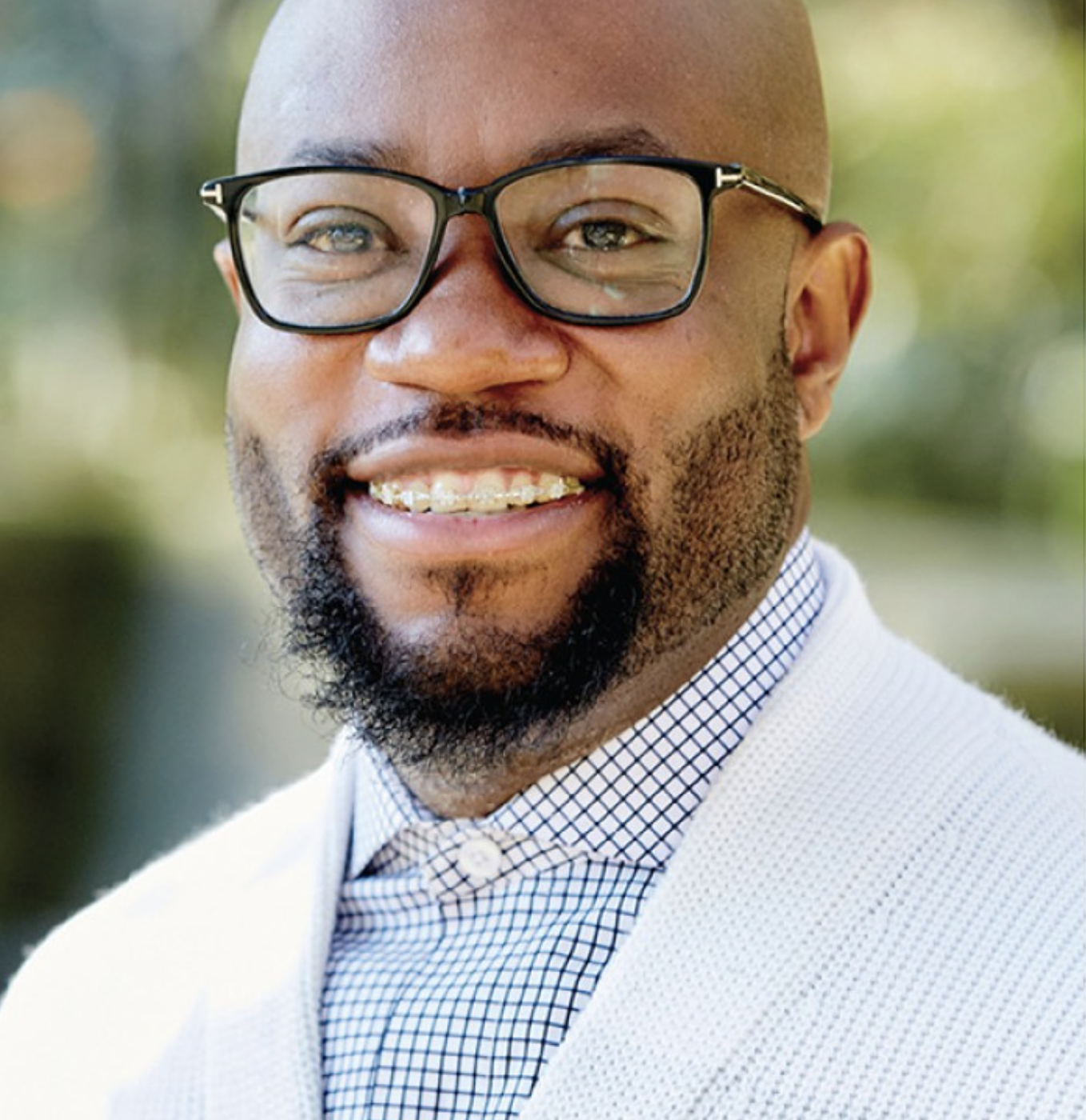
Theology in carceral context
“What does it mean,” asks Willie Francois, “to cultivate leaders who are building power inside prison?”
In The News
The Georgia senator addressed the mass incarceration crisis and the responsibilities of faith communities to enact change.
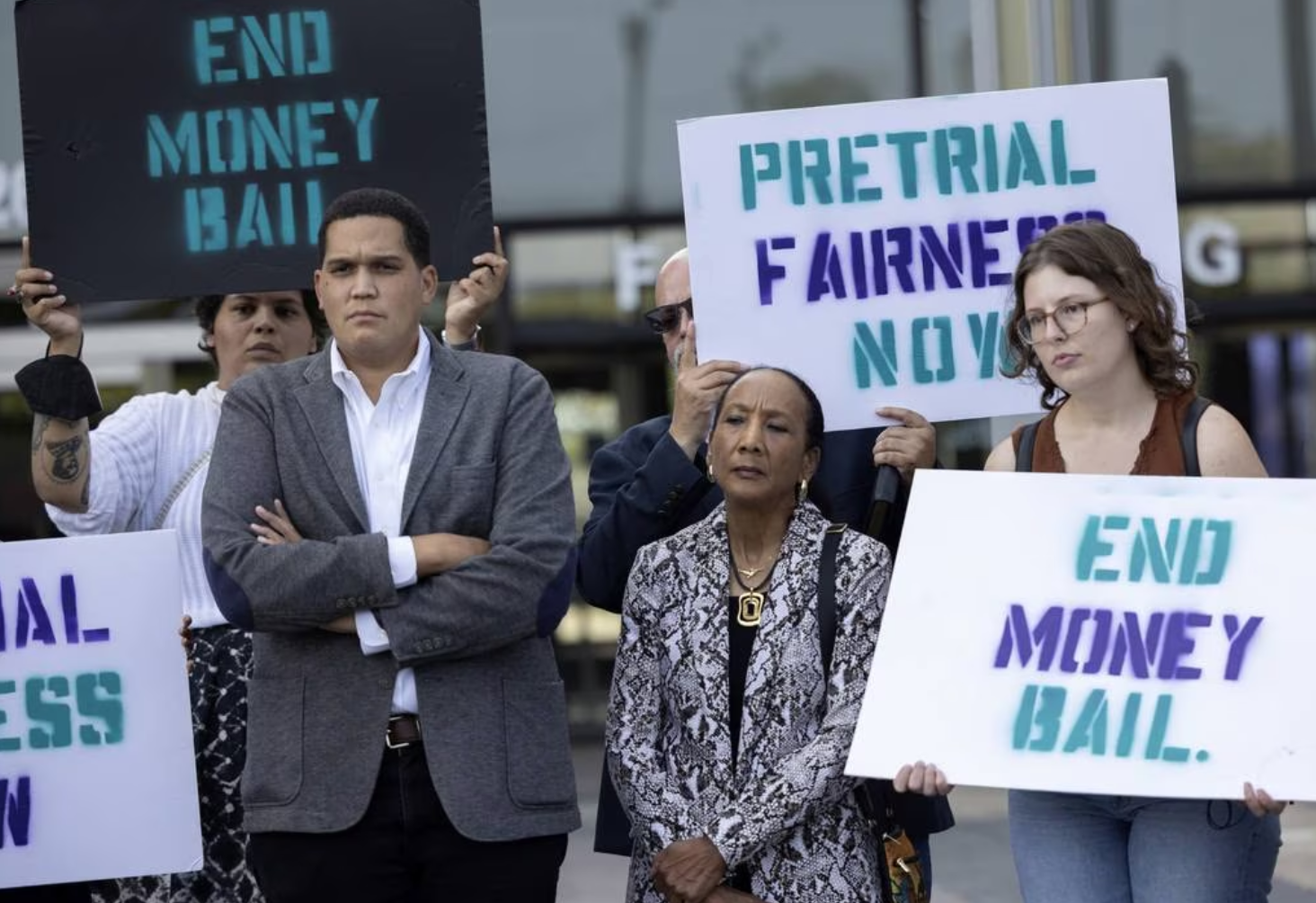
As people of faith, we know that everyone — regardless of race or income — deserves access to rights such as housing, education, health care and employment. The same should be true of freedom. However, long-extant systems of bonds and bail hinder economic and racial justice, as only those with the means necessary can buy their freedom. The Pretrial Fairness Act affirms that access to wealth will no longer determine whether someone is jailed while awaiting trial.
From The Conference
From June 17-19, 2019, in Atlanta, Georgia, the Multifaith Initiative to End Mass Incarceration held our first conference, Let My People Go: Ending Mass Incarceration, to launch a multifaith response to mass incarceration.
This multifaith, multiracial gathering drew more than 400 registered conference attendees representing 27 states. In addition, more than 1,000 individuals attended the opening sessions of the Conference that featured Dr. Michelle Alexander, author of The New Jim Crow: Mass Incarceration in the Age of Colorblindness, and Rev. Dr. Raphael Warnock, senior pastor of historic Ebenezer Baptist Church.
Workshop leaders and attendees also included the formerly incarcerated, those directly impacted by incarceration, denominational representatives, judges, nonprofit leaders, prosecutors, lay leaders from various faith traditions, and lawyers.
Participants were given a faith toolkit in both hard copy and electronic form to serve as a guide for congregational engagement. Most attendees made a commitment to do at least one action shaped by the Faith Toolkit before the end of the 2019 calendar year.
Videos
INCARCERATION RATE PER 100,000 PEOPLE
Over 2.7 million children have a parent in jail or prison.
From Our Partners
Toska Medlock Lee
Odyssey Impact
Rabbi Lydia Medwin
Kareemah Hanifah
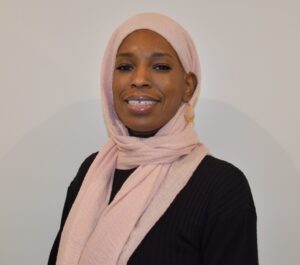
How Education Creates a Pathway for Formerly Incarcerated People’s Reintegration
Supporting formerly incarcerated students through the college application process is the key to ensure equitable access to higher education.
A Personal Reflection
Presently, in most states, people with felony convictions are prohibited from obtaining over 100 professional licenses. Yet education
Bring out the Prisoners
The private prison industrial complex generated $4.8 billion, with profits of $629 million. But private industry is
Building an Interfaith Movement to Abolish Mass Incarceration
It seems to me that our nation needs an interracial and interfaith coalition of principled people committed to
